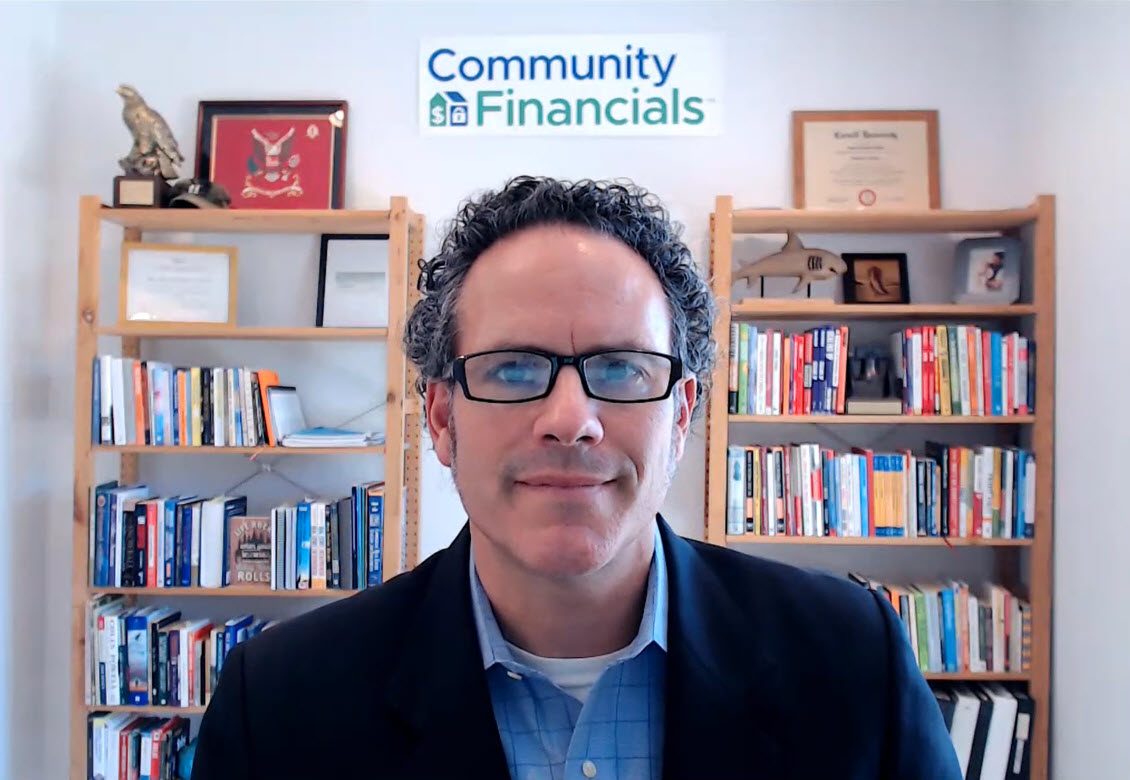Corporate Transparency Act Update: What HOA and Condo Boards Need to do before Jan 1, 2025
On October 11, the Alexandria District Court held a preliminary injunction hearing in Community Associations Institute (CAI) v. U.S. Department of Treasury, a pivotal case challenging the Corporate Transparency Act (CTA). CAI has been fighting to protect community associations from the burdensome requirements imposed by the act. A crucial update came on October 24 when the motion for a preliminary injunction was denied, meaning community associations must comply with the CTA by January 1.
Denied Injunction: What It Means for Community Associations
The denied injunction means compliance deadlines remain in place. While this is not the outcome CAI hoped for, it does not mark the end of their efforts to exempt community associations from the CTA. CAI argues that the act imposes unnecessary obligations on volunteer-led boards and homeowners, potentially discouraging participation.
CAI’s Continued Strategy Against the CTA
Despite the ruling, CAI is committed to pursuing an exemption through a three-pronged approach:
- Legal Action – CAI’s legal team is reviewing the decision and may consider an appeal while continuing to address the burdens the CTA places on community associations.
- Regulatory Advocacy – CAI is engaging with the U.S. Department of Treasury and FinCEN to argue that community associations do not pose significant risks in federal efforts to combat money laundering.
- Legislative Advocacy – CAI supports HR 9045, the only congressional bill seeking to exempt community associations from the CTA and is advocating for delays in filing requirements.
Membership and Potential Exemptions
Based on an interpretation in a similar case filed by the National Small Business Association ”standing” may protect all members of the association. If CAI’s lawsuit succeeds, the exemption may only apply to CAI members. Therefore, CAI encourages community associations to join, particularly through their homeowner leader group membership, which covers up to 15 board members.
Additional Attorney’s Insights on Compliance
In his CAI CT, Volume XIV Issue 8, 2023 Common Interest Article “New Federal Reporting Requirements Apply to HOAs and Their Officers”, Adam Cohen, an attorney with the Law Firm of Pullman & Comley in Bridgeport, CT states: “Beneficial Owners,” which the law defines as anyone who either “exercises substantial control” over it or owns or controls at least 25% of it. “Beneficial Owners” will definitely include the association’s president, treasurer, and any owner of enough units to control at least 25% of the voting interests. Other board members are unlikely to fall within this definition unless they have an unusual degree of unilateral control over the association’s affairs.
Another opinion is that “Beneficial Owners”, for purposes of this law, will include all members of the Board. While certain officers have specific duties and responsibilities in accordance with their position, all Board members vote on management issues and share fiduciary duties.
Attorney Ronald J. Barba of Bender, Anderson, and Barba, P.C. in Connecticut emphasized the importance of protecting Personal Identifying Information (PII) collected from beneficial owners, as this information can be exploited to access personal accounts or assume someone’s identity.
He advised associations to explore platforms that help comply with FinCEN registration requirements while minimizing the need for custodial control over PII. Barba also noted that associations must be diligent about ongoing disclosure obligations. Associations are required to update FinCEN within 30 days whenever any submitted information changes, including any inaccuracies or changes in officers or directors. If an officer or director resigns, or if there’s a board change following an annual meeting, the association has 30 days to file an update.
Barba highlighted that keeping accurate, up-to-date records is crucial to avoid penalties, and boards should ensure timely filings to remain compliant. Additionally, he recommended informing potential officers and directors in advance that they will be required to provide their PII to FinCEN, as some may be hesitant to volunteer due to privacy concerns.
This new requirement could have a chilling effect on volunteerism, as board members may be discouraged from joining if it means disclosing their personal information to FinCEN.
Next Step – BOI Filing Options:
The information that must be included in a BOI report includes:
- The company’s legal name, D/b/a names, address, jurisdiction of formation, and taxpayer identification number
- The names, dates of birth, residential addresses, and identifying numbers of beneficial owners
- An image of the document used to obtain the identifying number
Community associations have several options for complying with the BOI reporting requirements:
- Do It Yourself (DIY): Associations can file their BOI reports independently by visiting the FinCEN website and following the provided instructions. This option is best suited for those with straightforward ownership structures and who are comfortable collecting and managing PII and navigating the online filing system.
- Hire an Attorney: Associations may choose to work with an attorney specializing in corporate compliance. Attorneys can help ensure that filings are accurate and timely, minimizing the risk of penalties and helping to navigate more complex reporting requirements.
- Use CorpNet: We’ve partnered with CorpNet to offer a streamlined, affordable service for filing your BOI reports. If you choose to use CorpNet, they will handle the filing process for you, ensuring timely and accurate submission in full compliance with FinCEN’s regulations.
We have partnered with CorpNet to offer Beneficial Ownership Information (BOI) filing. Our dedicated account manager, Angelina Urquhart (aurquhart@corpnet.com), is available to address any questions regarding this new requirement.
Starting January 1, 2024, FinCEN requires most legal entities to report their BOI. Here’s how this new filing requirement impacts your community association:
- Existing entities must file a BOI report by January 1, 2025.
- New entities created on or after January 1, 2024, must file within 90 days of registration.
- Any change of ownership affecting 25% or more must be reported within 30 days.
- Associations must disclose any changes to previously submitted information within 30 days.
- They also have 30 days to file updates when any officer or director resigns or is replaced.
- This reporting rule exempts twenty-three specific types of entities and certain large corporations, as outlined in the Small Entity Compliance Guide provided by FinCEN.
Penalties for non-compliance include civil penalties of $500 for each day the violation continues. It’s crucial for associations to protect any Personal Identifying Information (PII) received from beneficial owners, as this information can be misused.
The cost to file through CorpNet is $199. To get started, you can contact our dedicated account manager, Angelina Urquhart, at aurquhart@corpnet.com, or simply click here to PLACE YOUR ORDER HERE.
Stay Engaged
For now, community associations must comply with the CTA by January 1. CAI will continue its fight through legal, regulatory, and legislative efforts. Members are encouraged to contact their congressional representatives to support CAI’s advocacy. While there may be no significant developments before the November elections, CAI remains steadfast in securing an exemption. Stay informed of updates by visiting CAI’s website and check our blog page for related articles.


